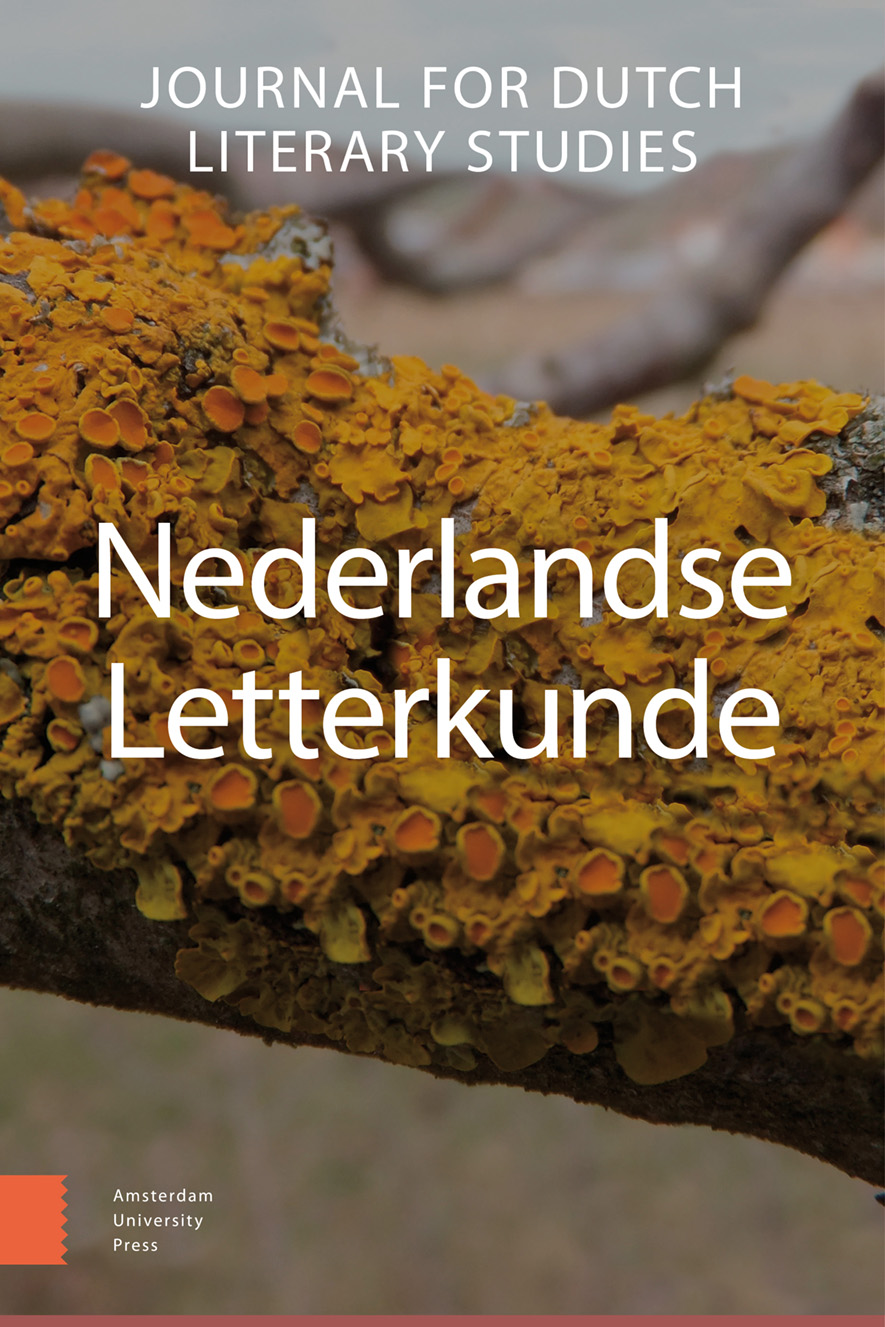-
oa ‘Doe je best op school’: Nederlandse hiphop in het literatuuronderwijs
- Amsterdam University Press
- Source: Nederlandse Letterkunde, Volume 27, Issue 1, Jul 2022, p. 102 - 117
-
- 01 Jul 2022
- Previous Article
- Table of Contents
- Next Article
Abstract
Dutch youth have been hard to enthuse for literature and reading in recent years, both in private and educational settings. At the same time, however, they are highly attracted to (primarily Dutch-spoken) rap, an originally US-American music genre with literary features. In the US, elements of rap and its accompanying hip-hop culture are fruitfully integrated into literature classes to enthuse youth for reading. The combination of hip-hop’s popularity and its intercultural, literary, and educative potential opens up possibilities for a similar implementation of hip-hop in a Dutch context. However, although many teachers are open to trying this, they often lack the prior knowledge to get started. In this article, I present four preparatory ‘lessons to learn’ to help teachers use hip-hop in the literary classroom. These lessons concern hip-hop’s literary qualities, hip-hop-inspired teaching attitudes, and new perspectives on the challenging language and topics of the genre.


